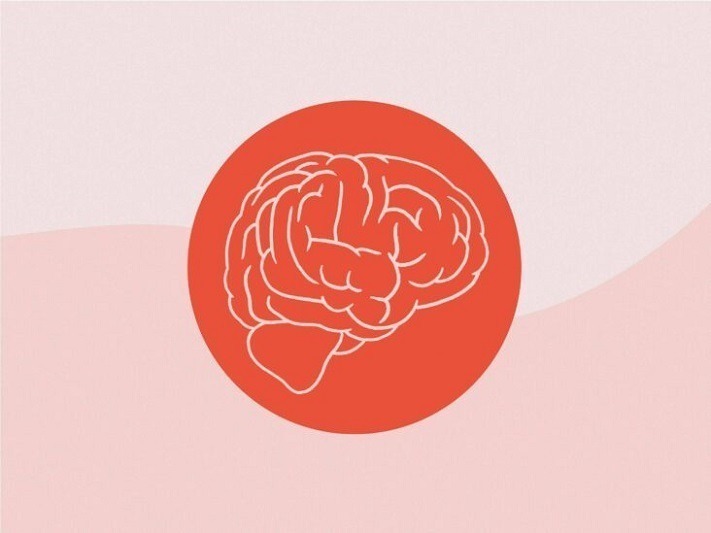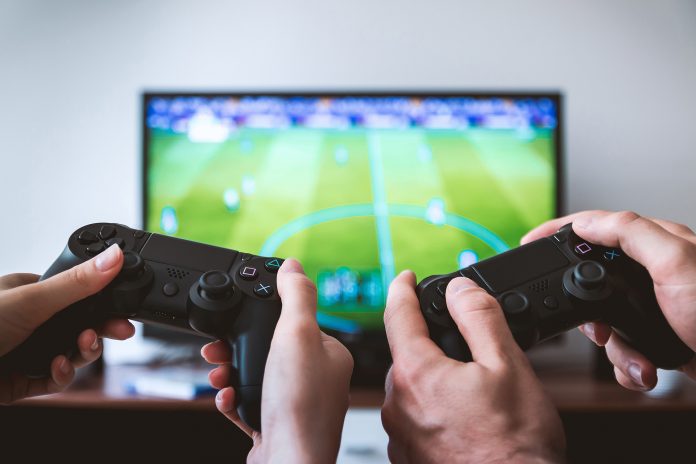Posts Tagged ‘depression’
Study identifies cognitive benefits of ketamine in patients with treatment-resistant depression
Which factors determine what we believe about our world, ourselves, our past, and our future? Cognitive neuroscience suggests that our beliefs are dependent on brain activity, specifically on the way our brains process sensory information in order to make sense of our environment. These beliefs (defined as probability estimates) are central to our brain’s predictive…
Read MoreThanksgiving works: Gratitude journaling seen to lower stress and negative cognitive processes
During the early days of the COVID-19 pandemic, many people suffered extreme stress. People couldn’t work and faced financial anxiety, they felt lonely and isolated, they worried about catching a deadly disease or giving it to someone they loved, and their mental health suffered. For researcher Erin Fekete, of the University of Indianapolis, the unfolding…
Read MoreDebunking the “chemical imbalance” theory yet not throwing out the antidepressant baby with the bathwater
A recent study found inconsistent evidence linking the neurotransmitter serotonin to depression. In an article for The Conversation, the authors of the study concluded that it is impossible to say that taking SSRI antidepressants is worthwhile. But is it safe to conclude that serotonin is not involved in depression or that modern antidepressants aren’t helpful…
Read MoreDigital mental health intervention by the World Health Organization (WHO) found to lower anxiety and depression, with improvements maintained at 3‑month follow-up
WHO digital mental health intervention effective in reducing depression among Syrian refugees in Lebanon (press release): A new digital mental health intervention, Step-by-Step, developed by the World Health Organization (WHO) with the National Mental Health Programme (NMHP) at the Ministry of Public Health Lebanon and other partners, was effective in reducing depression among Syrian refugees…
Read MoreUpdate: Playing videogames may be more cognitively beneficial than other forms of screentime like social media, watching videos/ TV
Welcome to a new edition of SharpBrains’ e‑newsletter, featuring timely brain & mental health news and a fun brain teaser to put your temporal lobes to good use :-) #1. Study finds that playing videogames may be more cognitively beneficial for children than other forms of screentime (social media, watching videos/ TV) “Here, we estimated the impact…
Read MoreDos and Don’ts of Therapy on the Go: Navigating the use of apps for mental health care
It might be surprising to think about browsing for therapists and ordering up mental health care the way you can peruse a menu on Grubhub or summon a car on Lyft. But over the last decade, digital access to therapy has become increasingly common, in some cases replacing the traditional model of in-person weekly sessions between…
Read More





